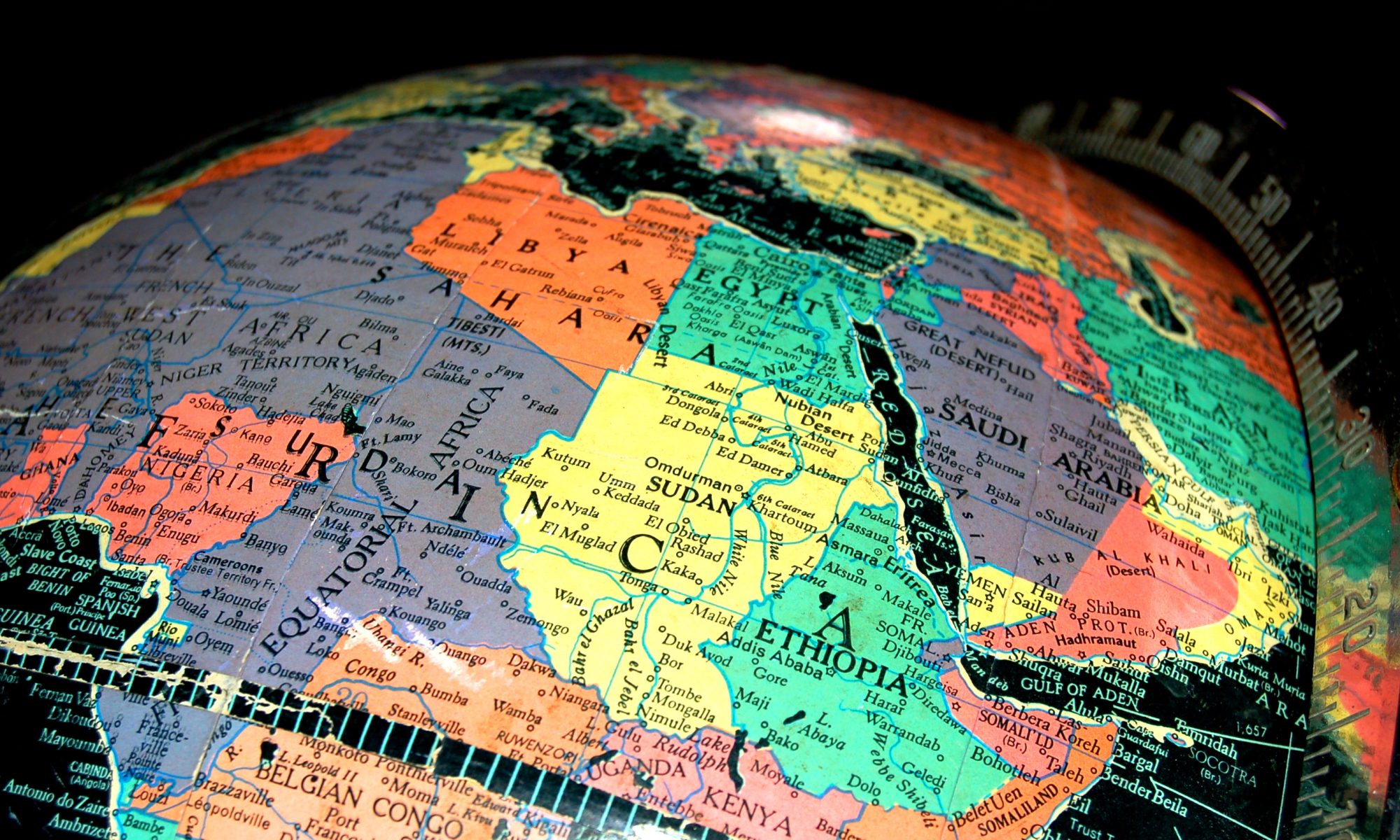It’s unusual to hear an atheist recognise the contribution and need for Christianity. However, this is what Matthew Parris, former MP and now a British political writer and broadcaster, did following a visit back to the land of his childhood. In his article published in The Times newspaper, he writes,
“Travelling in Malawi refreshed [a] belief…I’ve been trying to banish all my life, but an observation I’ve been unable to avoid since my African childhood. It confounds my ideological beliefs, stubbornly refuses to fit my worldview, and has embarrassed my growing belief that there is no God.”
“Now a confirmed atheist, I’ve become convinced of the enormous contribution that Christian evangelism makes in Africa: sharply distinct from the work of secular NGOs, government projects and international aid efforts. These alone will not do. Education and training alone will not do. In Africa Christianity changes people’s hearts. It brings a spiritual transformation. The rebirth is real. The change is good.”
Beyond his empirical observations, it is also interesting that Parris also noted,
“Those who want Africa to walk tall amid 21st-century global competition must not kid themselves that providing the material means or even the knowhow that accompanies what we call development will make the change. A whole belief system must first be supplanted. “
Mindset transformation
A whole belief system. While many missionaries haven’t always understood the vital importance of impacting worldview, it is rather ironic that a self-professed atheist has recognised the need for mindset transformation.
I’m not referring to what missionaries can sometimes be accused of – destroying native culture. Every people and culture have their own unique characteristics which are good. These should be celebrated. I mean a transformation of thinking which results in improvements to society and the promotion of human flourishing. As Parris highlights, beyond money and aid work. These two things alone will not address the continuing poverty.
In my previous post, Is Societal Transformation part of the Gospel?, I highlighted that while Africa is the most evangelised continent in the world, the Christian message presented has often not made a positive difference to African society and culture. Yes, mission work has certainly brought improvements in areas such as education and healthcare. However, the blessing which comes from the good news of Christ’s kingdom needs to extend much further, and go much deeper.
Genocide, suffering and corruption
Take Rwanda for instance. The country has experienced spiritual revival in recent decades but also terrible poverty and civil war at the same time. The genocide in Rwanda in 1994 occurred when 84% of the population claimed to be Christians! Uganda, which later became the centre of this revival, has experienced two decades of terrible suffering with its economy being destroyed. There has been torture, murder, civil war and displacement of people. All of this having taken place while the Ugandan Church was one of the strongest churches in Africa.
Why is it that the greatest prevalence of AIDS in Africa is often where there is the greatest Christian presence? Why is it that many of the most evangelised countries in Africa are also the most corrupt?
The continent of Africa has been blessed with an abundance of natural resources. The Chinese government has recognised this which is why China is now Africa’s biggest trading partner. Huge Chinese-run infrastructure projects are now taking place across the continent. At the same time, China has positioned itself to source it’s own needs for various natural resources. However, improvements in infrastructure and economic growth will not address Africa’s underlying issues.
Skin deep gospel
An important African Christian leader once remarked, 1
‘I salute the early missionaries who came to us, but often the gospel did not get beyond skin deep because it did not transform our traditional worldview.’
In noting that for decades evangelism and missionary activities in Africa have been directed at ‘getting people saved and getting them to heaven’, the Centre for Biblical Transformation cites cases of highly educated and well-trained clerics and leaders who indulge in such practices as divination, witchcraft, traditional religioius orgies, tribalism and spiritualism, not to mention social ills including immorality, violence and corruption.
Clearly, a superficial understanding of the gospel will not transform an unregenerate mind. Neither will it bring about the fundamental need of a redeemed, kingdom worldview necessary for societal transformation.
A comprehensive kingdom gospel
Matthew Parris is right. Africa does need God. It also needs those who represent Him to share a comprehensive kingdom gospel that impacts every area of life. Not to create dependency or a disempowerment of citizens. Quite the opposite. A gospel that brings not only personal salvation, but also disciples and creates great nations. One that addresses the areas of brokenness and reflects the truth, goodness, and beauty of God’s kingdom .
1 The late Dr Tokunboh Adeyemo, former General Secretary of the Association of Evanglicals in Africa and prior to his death, the Executive Director of the Centre for Biblical Transformation,
(Photo by Benjamin Earwicker from FreeImages)


